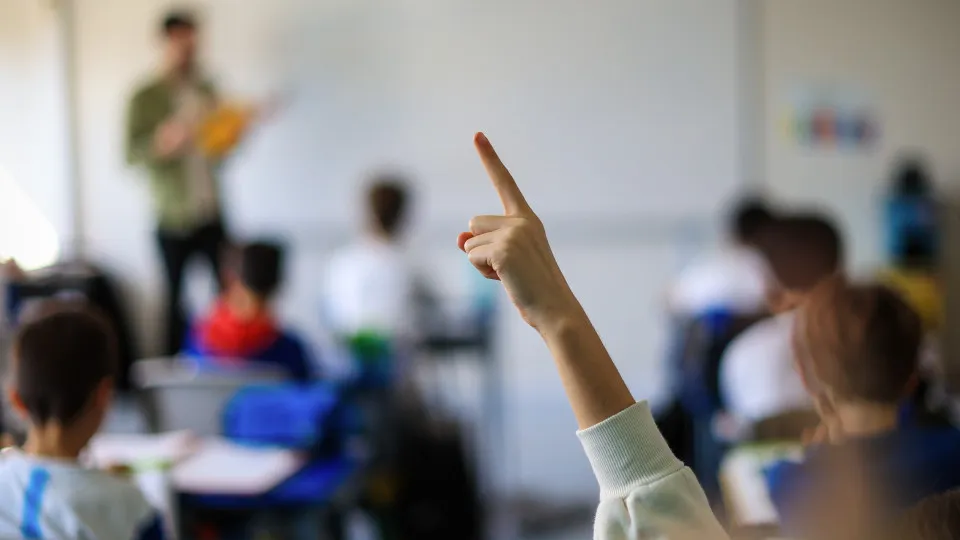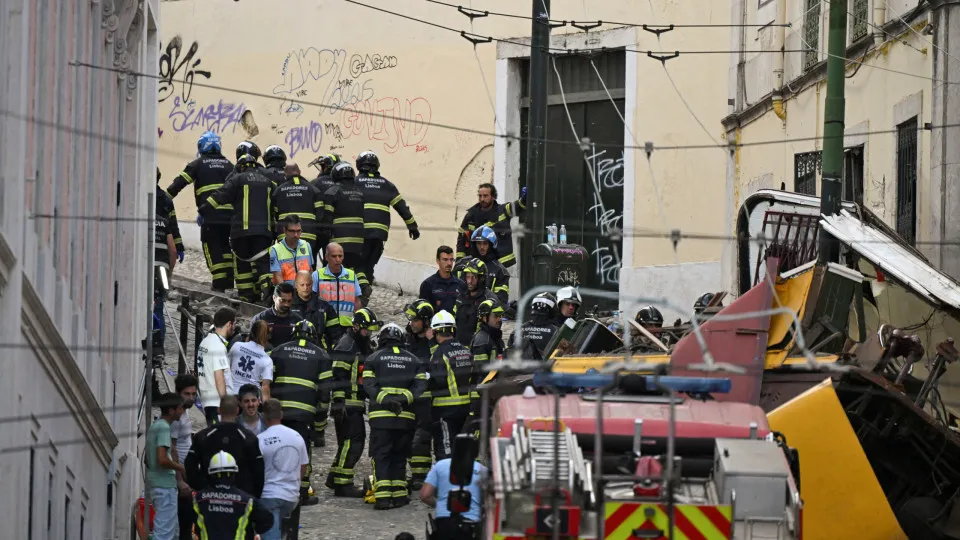
The 305 available slots for teacher training courses, instructors, and education sciences were entirely filled in the second phase of the National Access to Higher Education Competition (CNAES), with results announced today by the Directorate-General for Higher Education (DGES).
As students return to school from preschool to secondary education this week, the ongoing issue of teacher shortages remains in focus. DGES reports that there is a growing demand for courses that allow students to pursue careers in teaching.
In this second phase, higher education institutions offered 305 slots, attracting 966 applicants who selected these programs as their first choice, and precisely 305 students were placed.
In addition to the initially available slots, additional spaces may arise from students placed in the first phase who apply for a different course in the second phase, or additional slots become available in scenarios such as ties between applicants. According to DGES, there were 68 relocation slots and seven additional slots. Ultimately, 75 slots remained unfilled.
During the first phase of the competition, the number of students admitted to Bachelor’s degrees in Basic Education increased by 20.3% compared to the previous year, utilizing all 1,199 available spots.
The interest in these courses has been steadily increasing, with a 64.9% growth over the last three years, according to the Ministry of Education, which acknowledges the continued need to train and attract more teachers.
Earlier this year, the government announced the provision of up to 2,500 scholarships for students pursuing Bachelor’s degrees in Basic Education and Teaching Master’s programs. These students are expected to apply to public schools for the three years following graduation.
The data from the second phase of CNAES reveals that health and business sciences remain the most appealing fields to young people. In the health sector, 2,614 applied as first choice, with less than half (1,042) securing a place. Similarly, 2,594 applied for business sciences as their first choice, with 1,533 obtaining a spot.
The fields of Social and Behavioral Sciences were selected by 2,118 students, but only 830 secured higher education placements in this second phase. For “Engineering and Related Techniques” courses, 1,993 applied, with 1,214 gaining admission.
Security services, on the other hand, appear to attract minimal interest among prospective students, with only one applicant choosing it as a first option.
The transportation services courses were selected as first choice by only five individuals, while 42 candidates applied for courses in Manufacturing Industries as their first option.
In this second phase of CNAES, nearly nine thousand candidates were placed in public institutions, the majority in universities, with registration and enrollment scheduled between September 15 and 17.
In both phases of the competition, there are just over 52,000 freshmen so far, nearly five thousand fewer than last year.
Students still have the opportunity to apply in the third phase, with vacancies to be announced on September 22 on the DGES website.
Currently, 9,313 vacancies remain, but it is up to the institutions to decide whether to open more slots. According to the DGES list, only the Nursing School of Lisbon has zero remaining vacancies.




